#garden box
Explore tagged Tumblr posts
Text

(c) photo by @xlntwtch2 ... early last summer
"they planted this so artistically , she said"
#photography#photographers on tumblr#original photography#garden box#vegetables and marigolds#plants#xlntwtch2
4 notes
·
View notes
Text
"i need to stop spending so much money on lunch" ➡ "maybe i could just buy some nice canned soups for easy lunches that don't make me sad" ➡ "why is canned soup so expensive" ➡ "i can just make some fucking soup" ➡ i don't actually feel like making soup ➡ i order a calzone ➡ "i need to stop spending so much money on lunch"
#original#THE ETERNAL CYCLE#in my defense a calzone from the local place is like eight bucks and lasts two days#anyway. i'm going to do it. i'm going to buy a big box of spaghettios for work.#i can start having salads again when the little hydroponic garden provides me with greenery
1K notes
·
View notes
Text
There's never been a Box of Doom roll as big as this before... 💀
Watch all of Dimension 20: Gauntlet at the Garden on Dropout
345 notes
·
View notes
Text





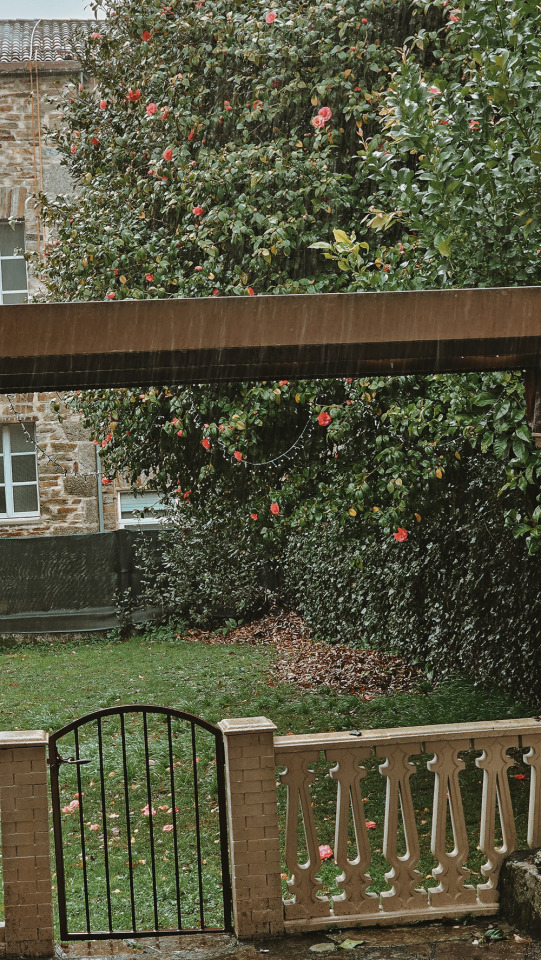


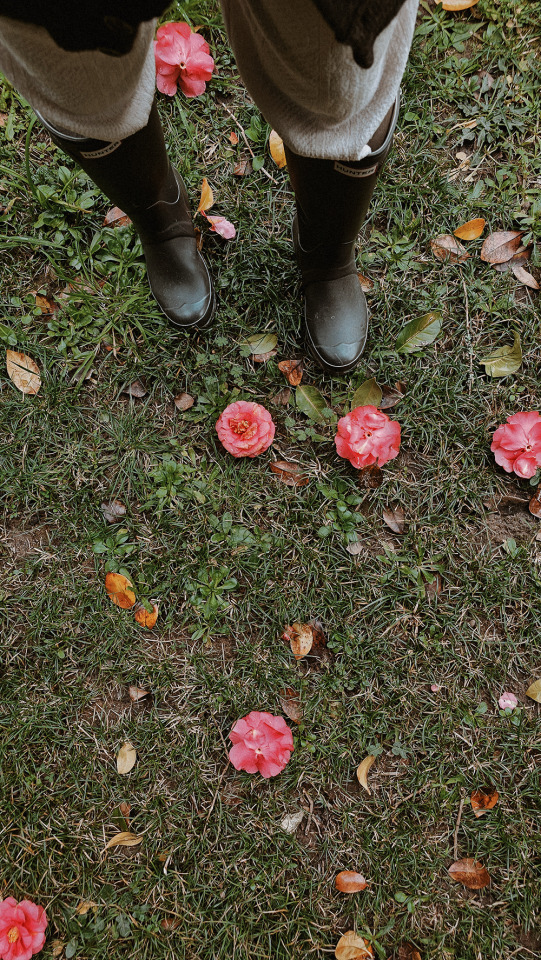






Photos from Valentine's day 🥰
#personal#we made sushi and cookies yes cookies again!! we really like that recipe#We have this old Camellias tree in the garden and it's blooming so we picked up some flowers to decorate 🥺#and I tried to match the frosting color to the flowers#found a blue telephone box too..close enough#the edwardian underwear photos are just for the romantic mood 😌#nipuni photos#nipuni blogs
362 notes
·
View notes
Text

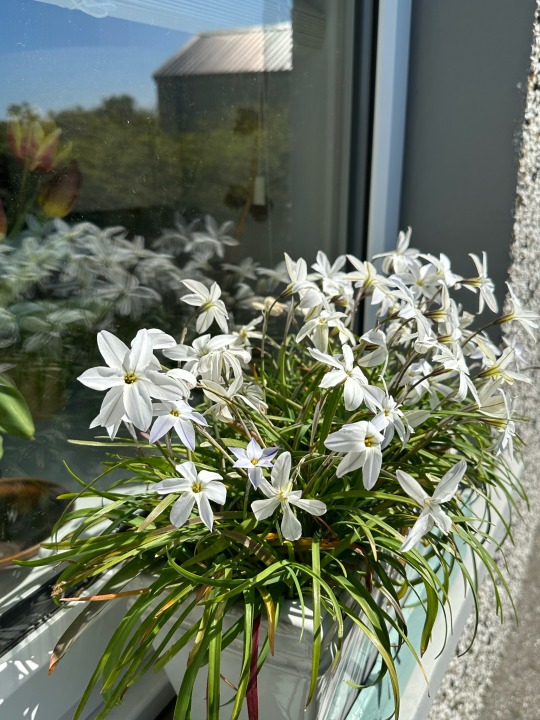

Plant of the Day
Saturday 17 May 2025
In the past I have grown Ipheion 'Alberto Castillo' (starflower) successfully by a path and as it is summer dormant it was covered later in the season by other herbaceous plants. This was a great example of planting this cultivar in a window box and the flowers were then at a great height to be fully appreciated along with their scent. The plants once dormant can be transferred to the front of a sunny border.
Jill Raggett
#Ipheion#ipheion uniflorum#starflower#white flowers#summer dormant#windowsill#window boxes#container#plants#gardens#horticulture#garden#herbaceousperennial#orkney
168 notes
·
View notes
Text

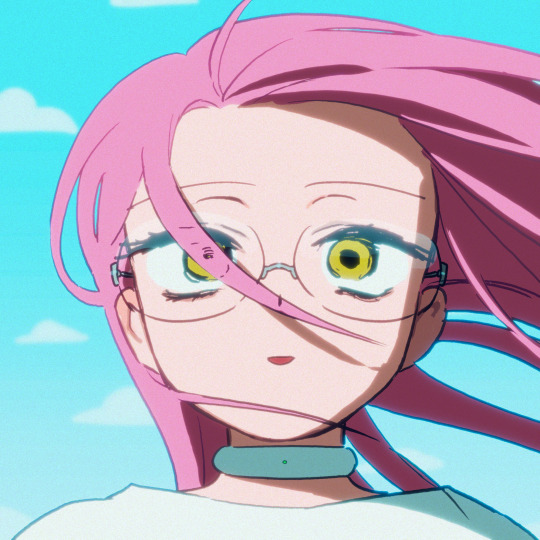
even when she managed to leave, she was still trapped
#alnst mizi#boxed in with a fake sky ohhhh alnst u are making me insane#WHY was this panel the one that messed me up the most. theres a lot to unpack but this one specfically filled me with dread#alien stage#alnst#haha happy alnst friday!! (said with fear)#anakt garden
90 notes
·
View notes
Text

Boulevard garden flower box.
#vancouver#flower box#boulevard garden#flowers#summer#canada#photographers on tumblr#original photographers
62 notes
·
View notes
Text

Low-level warmth. Following the gentle slope in a series of broad platforms, this deck incorporates a brick firepit into its lowest level. The zigzag pattern of floorboards and planters adds visual interest on the path from the shade pavilion to the lounging area around the firepit.
Deck & Patio Styles, 1996
#vintage#vintage interior#1990s#90s#interior#design#decorating#deck#firepit#fence#floor cushion#floor pillow#sateen#flower box#garden#landscape design#home
269 notes
·
View notes
Text
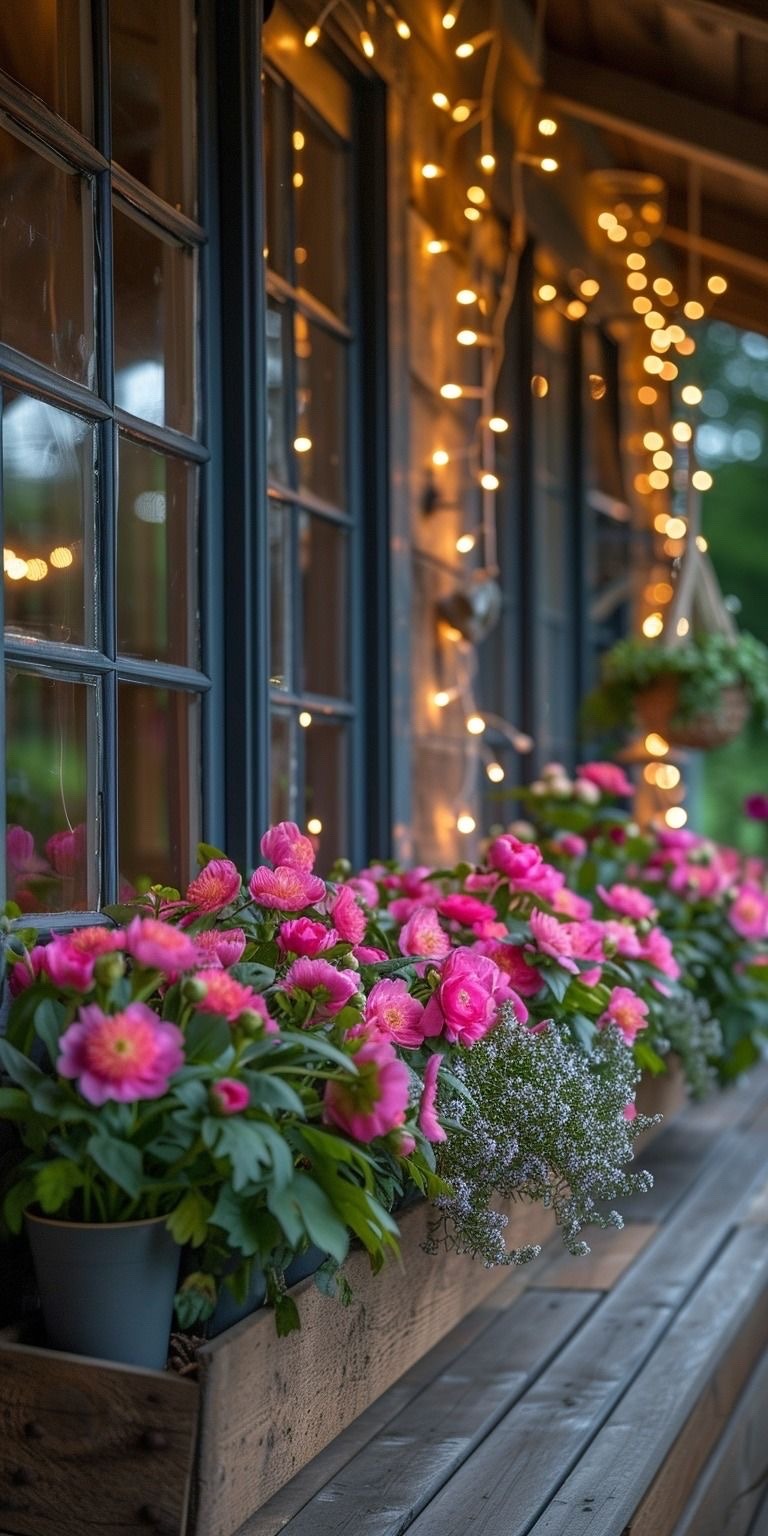
#flowers#garden#pretty#lights#lighting#fairy lights#pretty places#cozy space#hygge#flower box#spring#summer#flowers are the best#pink
439 notes
·
View notes
Text
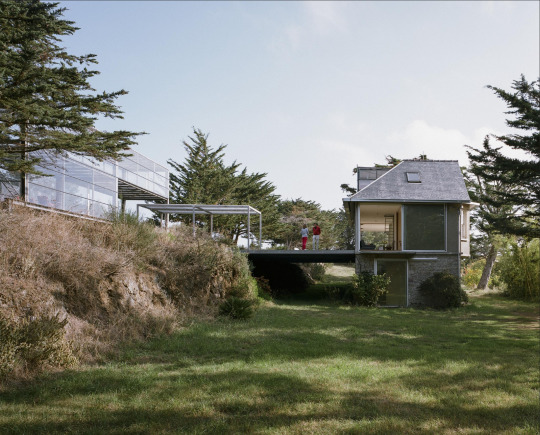
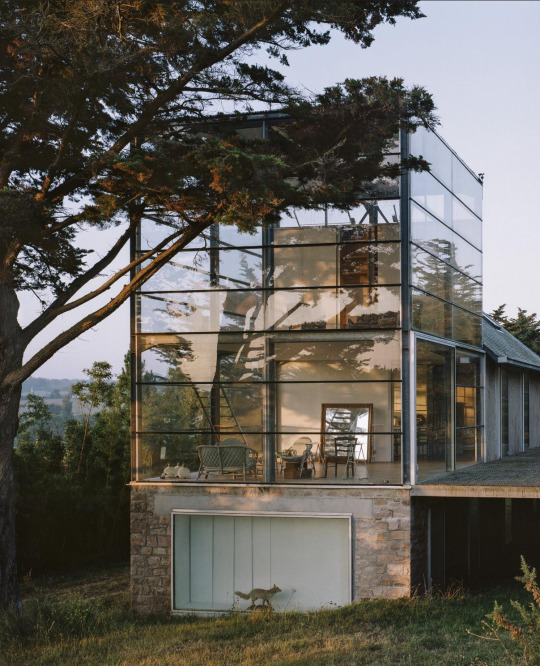
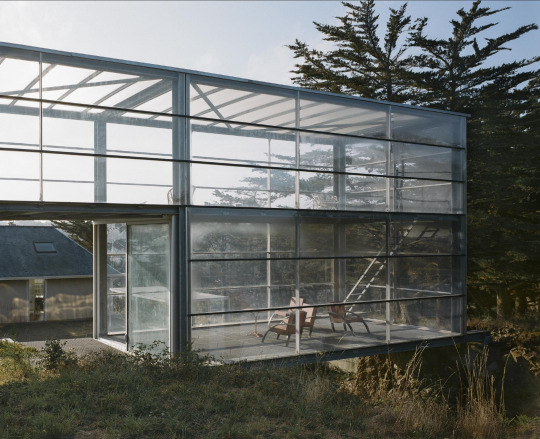
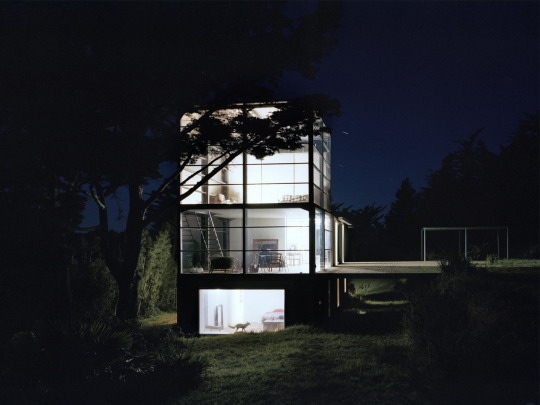
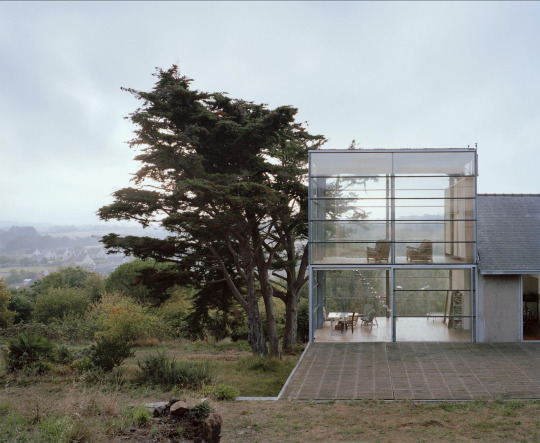
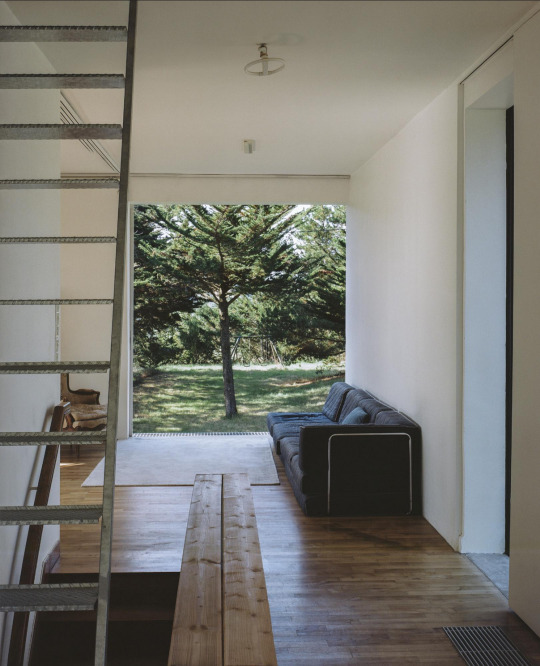
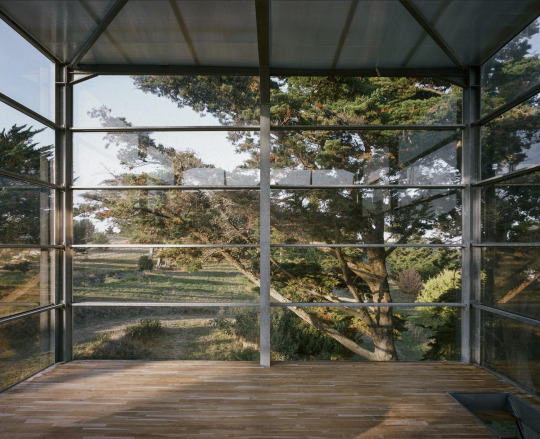
La maison Becleu Extension, Pléneuf-Val-André, France - Dominique Rouillard & Alain Guiheux
#Dominique Rouillard & Alain Guiheux#architecture#design#building#modern architecture#interiors#minimal#house#house design#modern#home extension#old and new#reuse#stone#cottage#glass#steel frame construction#glass box#cool architecture#beautiful design#beautiful homes#home decor#interior design#garden#light#rural#nature#architecture blog#garden room#france
160 notes
·
View notes
Text
finished inspecting box

#curious cat#cats of tumblr#cat people#cat pictures#cat blog#cat art#cat photos#cat posting#cute kitty#cute animals#cute cats#cute aesthetic#cute core#so cute#cute cute cute#cuteness#kitty#cats#garden#pets#fluffy#kitty cat#fuzzy#fluff#cute#cat box
64 notes
·
View notes
Text
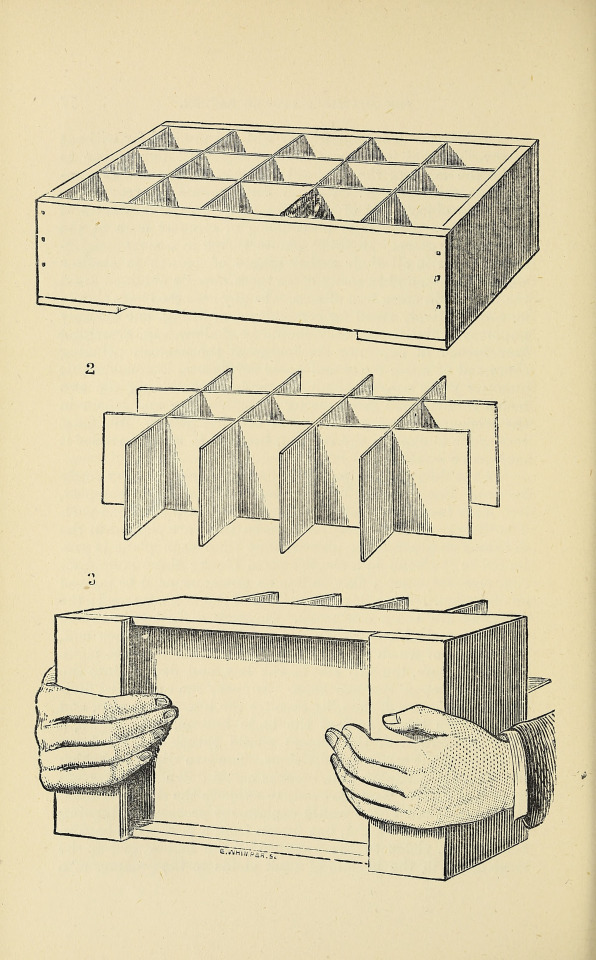
Boxes for planting.
The amateur's flower garden. 1875.
Internet Archive
137 notes
·
View notes
Text
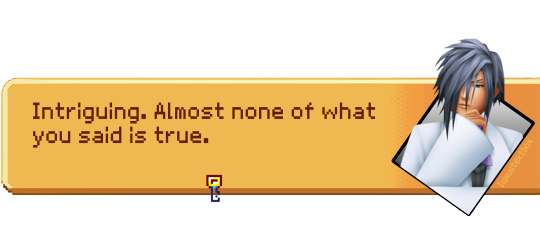
ienzo

#ienzo#ienzo/zexion#kh ienzo#zexion/ienzo#zexion#radiant garden#kh3#kh 3d#kingdom hearts 3#kingdom hearts#incorrect kingdom hearts quotes#incorrect quotes#luxustextbox#luxu's text box
64 notes
·
View notes
Text
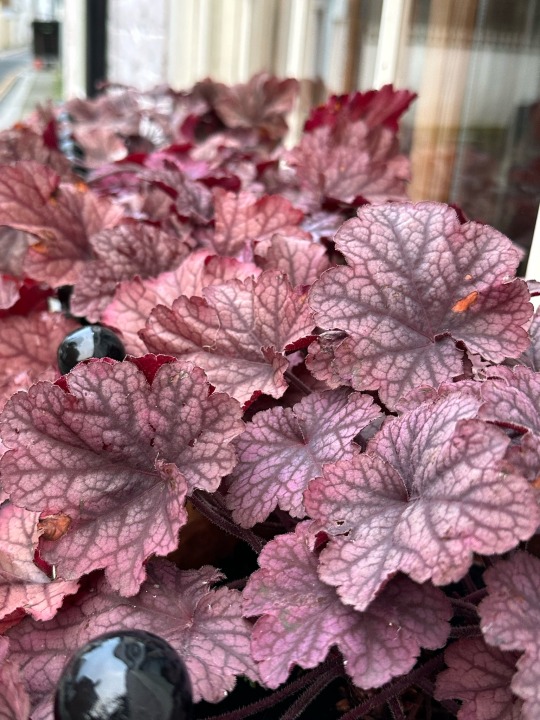
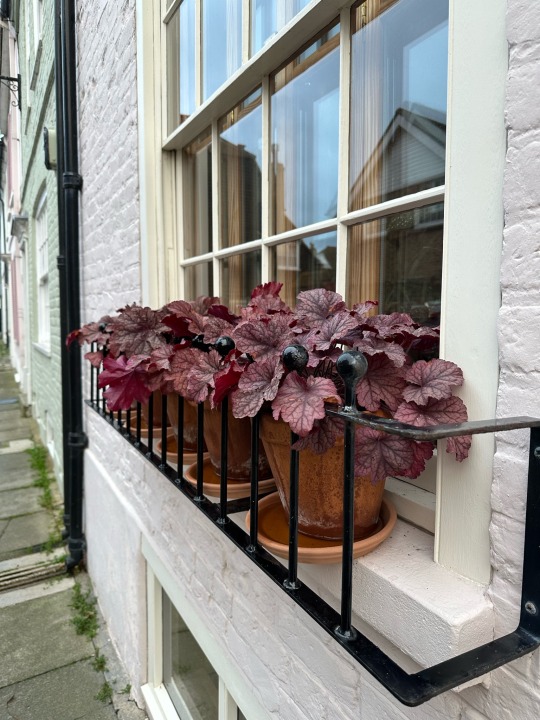
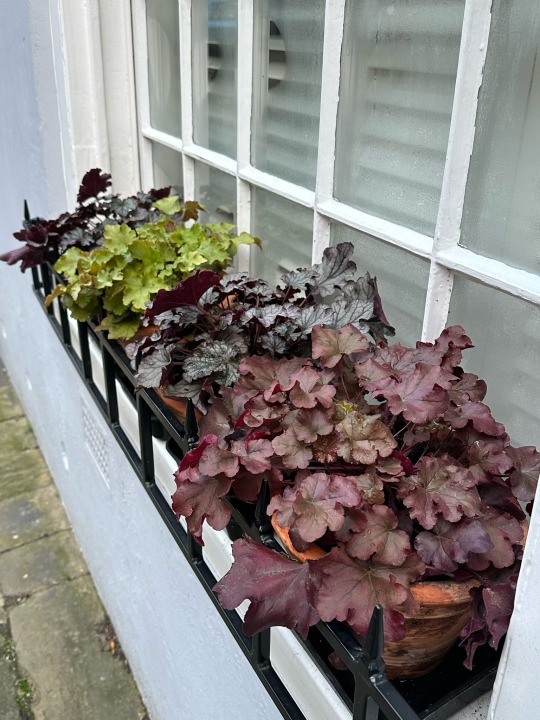
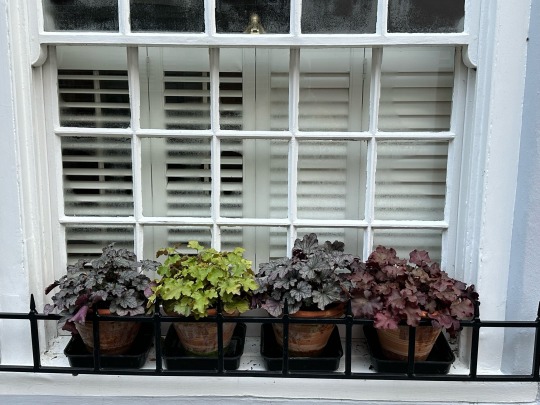
Plant of the Day
Wednesday 1 January 2025
Happy New Year!
Not all window boxes need flowers, here the home owner had used a great selection of Heuchera cultivars (coral bells) to provide winter interest. The neat, low mounds of foliage come in a wide range of bold colours. These herbaceous plants thrive in partial shade in moist but well drained growing media or soil.
Jill Raggett
#heuchera#coral bells#herbaceous#perennial#containers#window boxes#foliage#horticulture#plants#front garden#front door#deal#kent#herbaceousperennial
216 notes
·
View notes
Text


Just some childhood favorites and some silly, ignore the spelling mistakes I’m tired.
#movie recommendation#movies#YouTube#movie list#things to watch#bored#old movies#classic movies#cartoon movies#something to watch#watch list#strange magic#a monster in paris#9#the wonderful world of puss n boots#waterworld#the theif and the cobbler#water horse#the spiderwick chronicles#bedknobs and broomsticks#the secret garden#the little princess#Paulie#pictures of hollis woods#metal family#hlvrai#welcome to well#epithet erased#lackadaisy#🧩my trinket box🗝️
111 notes
·
View notes
Text

[Day 2] What do you think they’re talking about..?????
#beast wirt#over the garden wall#bad end friends#wirt#wirt otgw#adventure time#ice finn#ice prince finn#farmworld finn#at finn#Finn#finn the human#finn mertens#bef#bef wirt#beast!wirt#b!wirt#artists on tumblr#art#this is a few weeks/months old but I’ve kept this to myself for too long I really like how this came out#adventure time Finn#cartoon#cartoon network#insert more tags here idk#ask box open#please ignore the chunky claw fingers#I’ve not been studying hands at all#100
126 notes
·
View notes